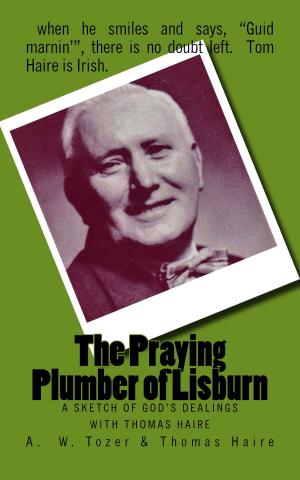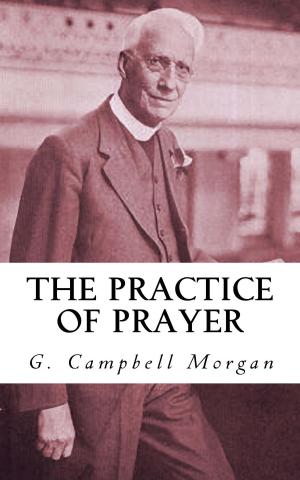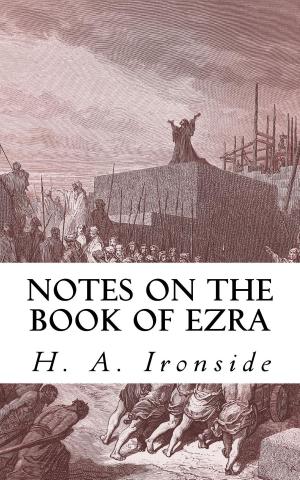Bible Thoughts And Themes: Volume 4
The Lesser Epistle
Nonfiction, Religion & Spirituality, Bible & Bible Studies, New Testament, Meditations, Christianity, Christian Life| Author: | Horatius Bonar | ISBN: | 1230001938890 |
| Publisher: | CrossReach Publications | Publication: | September 27, 2017 |
| Imprint: | Language: | English |
| Author: | Horatius Bonar |
| ISBN: | 1230001938890 |
| Publisher: | CrossReach Publications |
| Publication: | September 27, 2017 |
| Imprint: | |
| Language: | English |
Paul writes with authority, as the bearer of a divine commission and the speaker of divine words; there is no hesitation, yet there is no boasting. In no sense is his apostleship a human one; it is neither of nor by man, neither its source nor its channel human. It is heavenly, and therefore authoritative. He comes in Christ’s name and in the Father’s. He is the representative of both; he derives his authority from both. He does not speak like an ancient sage, ‘I think,’ or ‘I suppose,’ or ‘I guess;’ but ‘I KNOW.’ God has taught him, called him, lent him out; and he speaks accordingly. He does not compromise his position, nor apologize for what might be called his ‘intolerance,’ nor admit the possibility of his being wrong. ‘I am God’s messenger, Christ’s apostle; I know it. He speaks with certainty, as one who is telling God’s mind in God’s words,—as one who claims to be believed, because delivering an authentic message from God the Father and his Son Jesus Christ.
Then, with apostolic authority, he gives his blessing, wishing for the Galatian brethren (backsliders though they were) that free love and peace which come from God the Father, and His Son, our Lord Jesus Christ. In that blessing everything was wrapt up; for he who has the free love of the Father and the Son, has everything.
In our text (ver. 4) we note three things: the great propitiation; the great deliverance; the great purpose. We take the last first, as it is the source of all.
Paul writes with authority, as the bearer of a divine commission and the speaker of divine words; there is no hesitation, yet there is no boasting. In no sense is his apostleship a human one; it is neither of nor by man, neither its source nor its channel human. It is heavenly, and therefore authoritative. He comes in Christ’s name and in the Father’s. He is the representative of both; he derives his authority from both. He does not speak like an ancient sage, ‘I think,’ or ‘I suppose,’ or ‘I guess;’ but ‘I KNOW.’ God has taught him, called him, lent him out; and he speaks accordingly. He does not compromise his position, nor apologize for what might be called his ‘intolerance,’ nor admit the possibility of his being wrong. ‘I am God’s messenger, Christ’s apostle; I know it. He speaks with certainty, as one who is telling God’s mind in God’s words,—as one who claims to be believed, because delivering an authentic message from God the Father and his Son Jesus Christ.
Then, with apostolic authority, he gives his blessing, wishing for the Galatian brethren (backsliders though they were) that free love and peace which come from God the Father, and His Son, our Lord Jesus Christ. In that blessing everything was wrapt up; for he who has the free love of the Father and the Son, has everything.
In our text (ver. 4) we note three things: the great propitiation; the great deliverance; the great purpose. We take the last first, as it is the source of all.















